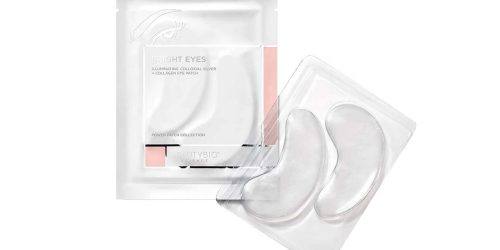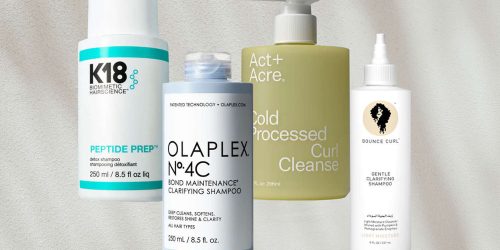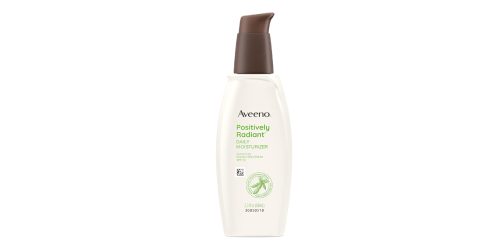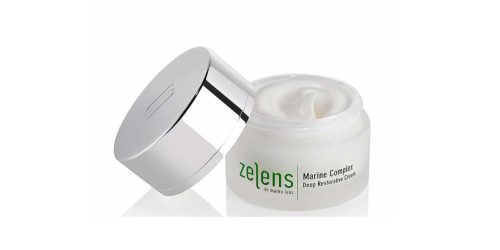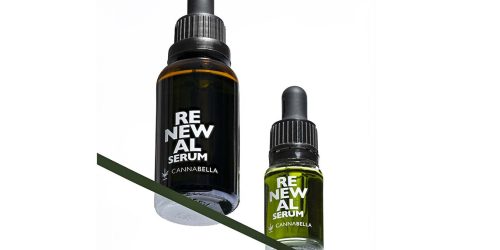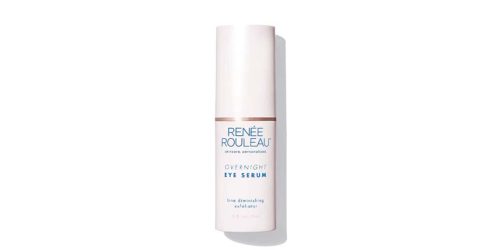Does Sunscreen Really Expire? Everything You Need to Know
Sunscreen is a crucial component of our daily skincare routine, especially in regions or seasons with intense sunlight. It effectively blocks UV rays, protecting the skin from sun damage, reducing the risk of sunburn, dark spots, and premature aging. However, many people wonder whether sunscreen actually expires and what impact expired sunscreen might have on its effectiveness. we will explore whether sunscreen expires, how to use it correctly, suitable types for different skin types, and recommend two international brands to consider.
1. Does Sunscreen Really Expire?
1.1. Does Sunscreen Expire?
Yes, sunscreen does expire. Although sunscreen may appear effective when purchased, using expired sunscreen can lead to reduced protection and potential skin issues. The active ingredients in sunscreen break down over time, making it less effective at blocking UV rays. Understanding the shelf life of sunscreen and how to use it properly is crucial for maintaining skin health.
1.2. Shelf Life of Sunscreen
The shelf life of sunscreen is typically indicated on the product packaging by the manufacturer. Most sunscreens are effective for 3 to 5 years from the date of manufacture, depending on the ingredients and storage conditions. Look for a “best before” date or expiration date on the packaging, which indicates the time frame in which the product is expected to provide optimal protection. If no date is visible, the general guideline is that sunscreen is effective for about 3 years from the manufacture date.
1.3. Effects of Expired Sunscreen
Using expired sunscreen can lead to several issues:
- Reduced Protection: The breakdown of active ingredients in expired sunscreen decreases its ability to protect against UV rays, increasing the risk of sun damage.
- Skin Irritation: Expired sunscreen may undergo changes in its composition, leading to skin irritation, allergic reactions, or other adverse effects.
- Product Degradation: Expired sunscreen may show signs of separation, discoloration, or changes in odor, indicating that the product’s stability and effectiveness have been compromised.
2. How to Use Sunscreen Correctly
2.1. Choosing the Right Sunscreen
When selecting sunscreen, consider the following factors:
- SPF Value: SPF (Sun Protection Factor) indicates the level of protection against UVB rays. It is generally recommended to choose sunscreen with an SPF of 30 or higher for daily use. For prolonged sun exposure, such as beach outings or outdoor sports, opt for a higher SPF value for better protection.
- PA Rating: PA (Protection Grade of UVA) indicates the level of protection against UVA rays. Higher PA ratings (PA++, PA+++, or PA++++) offer better UVA protection. Choose a sunscreen with a suitable PA rating to ensure comprehensive protection.
- Skin Type: Select sunscreen based on your skin type. For oily skin, opt for lightweight, oil-free sunscreens. For dry skin, choose hydrating sunscreens. For sensitive skin, look for fragrance-free, gentle formulas.
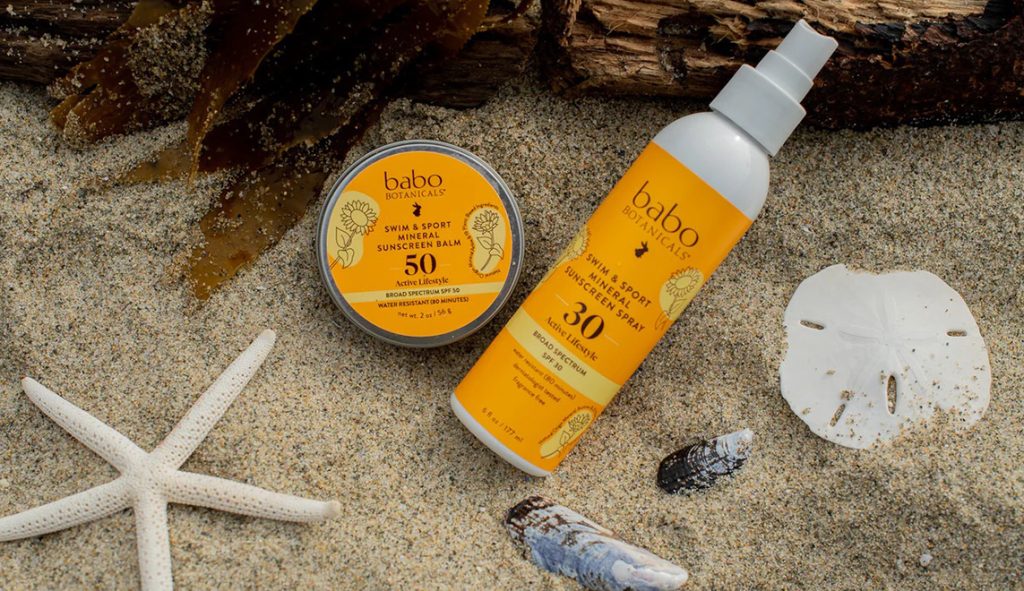
2.2. Proper Application of Sunscreen
- Amount: Use a sufficient amount of sunscreen each time. For the face and neck, about 1 milliliter (roughly the size of a pea) is recommended. For other areas of the body, adjust the amount according to the size of the area being protected.
- Timing: Apply sunscreen 30 minutes before going outdoors to allow it to form an effective protective layer on the skin.
- Reapplication: Sunscreen protection diminishes over time and with water or sweat exposure. Reapply every 2 hours, especially after swimming, sweating, or towel-drying.
- Even Application: Ensure even coverage on all exposed areas, including ears, neck, and arms, to maximize protection.
2.3. Storing Sunscreen
- Storage Conditions: Store sunscreen in a cool, dry place away from direct sunlight and high temperatures. Heat and humidity can accelerate the breakdown of active ingredients.
- Seal: Ensure the sunscreen bottle is tightly sealed after use to prevent air and moisture from compromising the product’s integrity.
3. Types of Sunscreen and Suitable Users
3.1. Chemical Sunscreens
Chemical sunscreens contain ingredients such as avobenzone, octocrylene, and octinoxate, which absorb and neutralize UV rays. They are often lightweight and suitable for oily and combination skin types.
- Suitable For: Oily skin, combination skin, and daily use.
3.2. Physical (Mineral) Sunscreens
Physical sunscreens use natural minerals like zinc oxide and titanium dioxide to create a physical barrier that reflects UV rays. They are generally gentler and suitable for sensitive skin.
- Suitable For: Sensitive skin, dry skin, and prolonged sun exposure.
3.3. Water-Resistant Sunscreens
Water-resistant sunscreens are designed to withstand water and sweat, making them ideal for swimming and vigorous activities. They maintain effectiveness even when exposed to water, but still require reapplication.
Suitable For: Swimmers, athletes, and those engaged in extended outdoor activities.
3.4. Hydrating Sunscreens
Hydrating sunscreens incorporate moisturizing ingredients to help alleviate dry skin while providing sun protection. They are ideal for individuals with dry or dehydrated skin.
- Suitable For: Dry skin and individuals in dry climates.
4. International Brand Recommendations
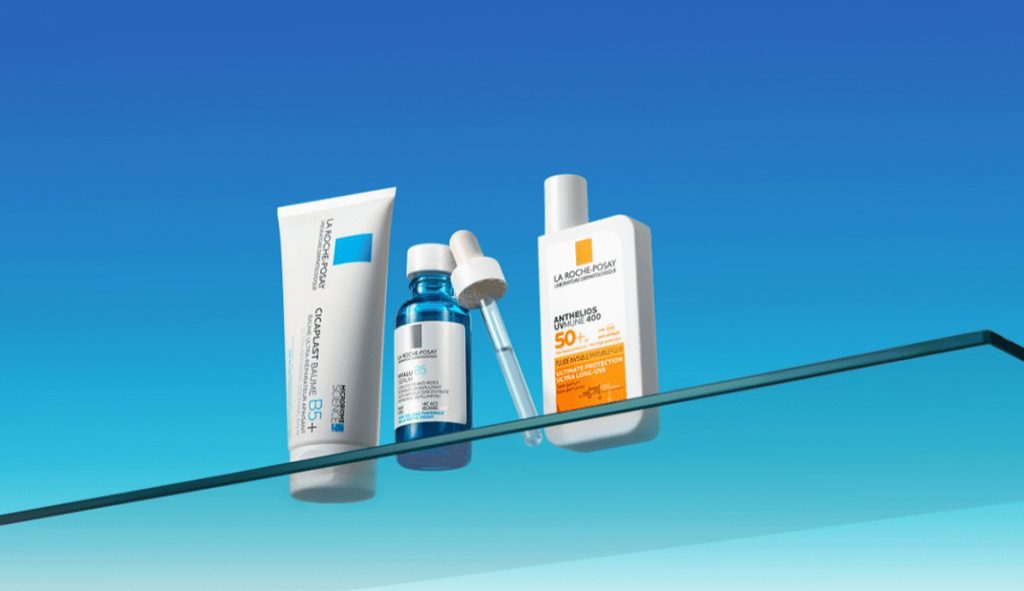
4.1. EltaMD
EltaMD is a renowned international sunscreen brand known for its exceptional quality and efficacy. Its products are highly recommended by dermatologists and offer excellent sun protection with comfortable formulations.
Recommended Product:
- EltaMD UV Clear Broad-Spectrum SPF 46: This sunscreen is ideal for sensitive skin, featuring hyaluronic acid and niacinamide to hydrate and soothe the skin while providing high SPF protection.
4.2. La Roche-Posay
La Roche-Posay is a French pharmaceutical brand with a strong reputation for effective and gentle skincare products. Its sunscreens are well-regarded for their scientific formulation and suitability for various skin types.
Recommended Product:
- La Roche-Posay Anthelios Melt-in Milk Sunscreen SPF 60: This sunscreen offers high protection with a lightweight, non-greasy texture, making it suitable for all skin types, especially in intense sun conditions.
Sunscreen is a vital tool in protecting the skin from UV damage, and understanding whether it expires and how to use it properly is essential for maintaining healthy skin. Sunscreen does expire, and using it past its expiration date can compromise its effectiveness and potentially harm the skin. By selecting the appropriate type of sunscreen for your needs and following correct application and storage practices, you can ensure effective protection. International brands like EltaMD and La Roche-Posay provide high-quality options to help you achieve comprehensive sun protection. Start prioritizing sunscreen today to safeguard your skin’s health and beauty.
